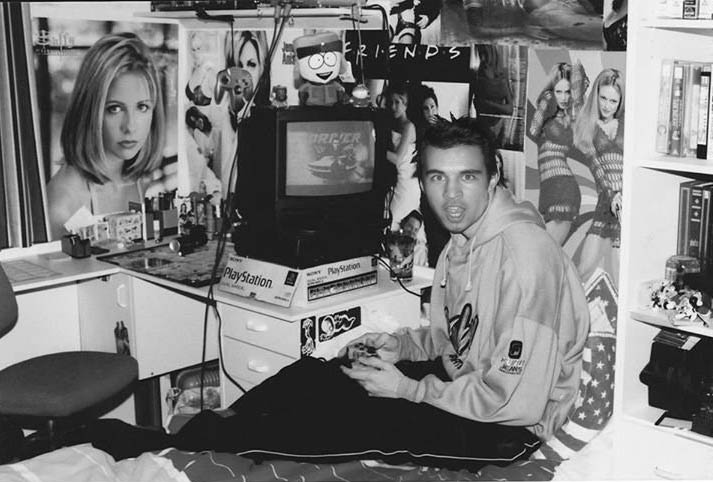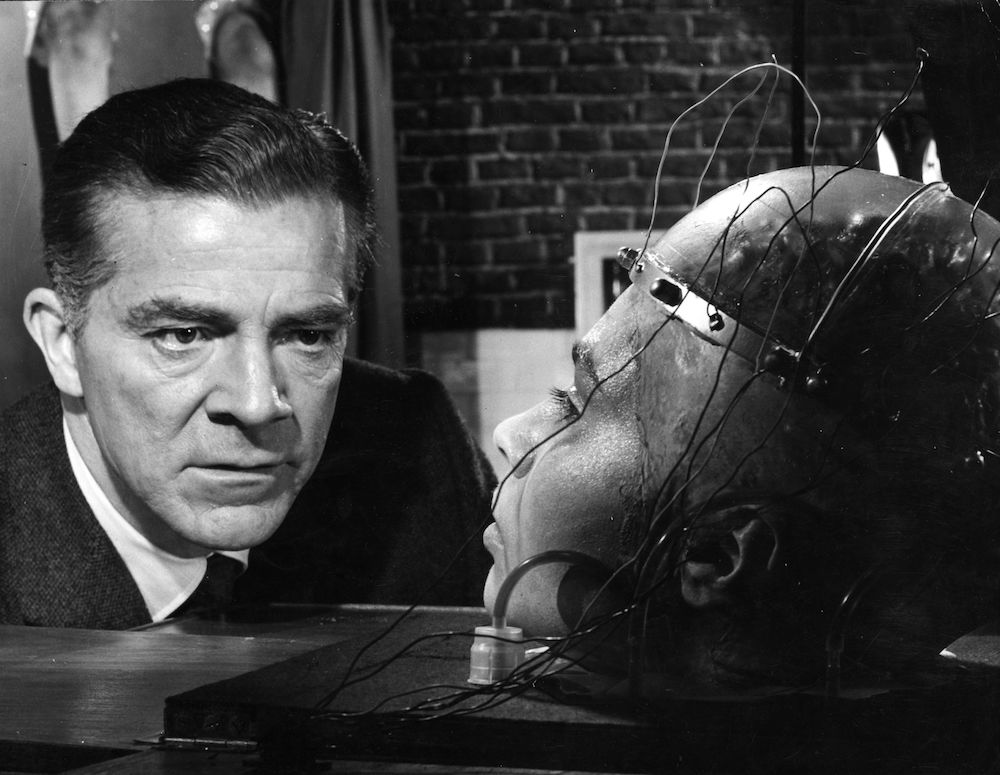Throughout most of my adult life, I’ve enjoyed surrounding myself with things that remind me of my childhood. I still display the action figures I own, I still own and play my Super Nintendo and enjoying listening to 90s music. I know I’m not alone in this, so the questions I’d like to pose now are, why we do this and what effect does it have on our lives?

Recent research has shown that the concept of nostalgia has both psychological and physiological effects:
- We feel happier.
- We feel physically warmer.
- We feel more hopeful about our futures.
- We have a stronger sense of life meaning.
So that’s we do why we do it at a subconscious level – it boosts our mood, makes us more optimistic. But how does it affect our work life? Positively, of course, it makes us happier! But more than this, it makes us more productive. How?
Research from Cornell University suggests that accessing our long-term memory benefits our short-term mental performance.

An experiment was conducted. 36 strapping young adults were recruited to undergo a non-painful brain scan, while researchers asked participants to look at sets of both anonymous and famous faces (Barrack Obama and Donald Trump to name a few). As they were looking through the photos, researchers also asked participants to identify whether the current faces matched the faces in either of the two previous photos. The participants answered faster and more accurately when matching famous faces, compared to those of people they had never seen before. When viewing the well-known faces, the participants also experienced spikes in their default network. The default network is the part of the brain that is most active when a person is daydreaming and is also active when the individual is thinking about others, thinking about themselves, remembering the past, and planning for the future. (source)
This goes to show that accessing long-term memory works to strengthen short-term memory performance. Put simply, we pursue our everyday goals and tasks by continuously accessing stored representational knowledge about past experiences, current motivations, future plans, and our general social environment. The default-network brain region is a critical mechanism facilitating this ongoing internal dialogue.
So, we feel happier, more positive, and our brains perform better when we are being nostalgic about something. Better throw on the Backstreet Boys then!
What do you enjoy reminiscing about?


